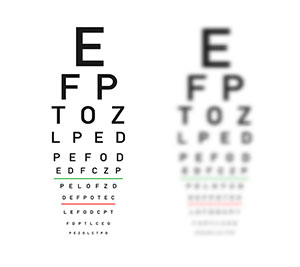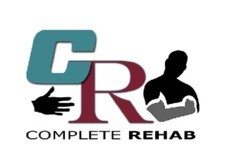 Our team at Complete Rehab has extensive experience in working with neuropathy patients, and we can help you find relief from your symptoms. In our experience, the most well-known symptoms of neuropathy are pain, numbness, and tingling, but there are other symptoms we want to make you aware of.
Our team at Complete Rehab has extensive experience in working with neuropathy patients, and we can help you find relief from your symptoms. In our experience, the most well-known symptoms of neuropathy are pain, numbness, and tingling, but there are other symptoms we want to make you aware of.
Keep reading to learn about a few of the less common neuropathy symptoms—if you have experienced them, or know someone who has, we encourage you to reach out to our team (or refer your friend to us).
- Autonomic Nerve Failures – One group of lesser-known neuropathy symptoms includes things like loss of appetite, digestive issues, nausea, and bladder problems. This happens when your autonomic nerves—the nerves that control your body’s automatic functions, such as digestion—become damaged, preventing the brain’s signals from reaching your organs.
- Slow Healing – Another example of less well-known neuropathy symptoms is slow-healing wounds. This happens when the signals from the nerves in your skin don’t come through clearly to your brain, which means your brain can’t trigger the immune responses responsible for healing the wound. In addition, if you find yourself with wounds on your feet or legs (or anywhere else), but don’t remember how you got them, it usually means you are losing sensation in those areas, which is a very common neuropathy symptom.
- Blurred Vision – Blurred vision is a third example of less common neuropathy symptoms. It is not associated with all types of neuropathy, but it is strongly linked to diabetic neuropathy—diabetes is known to cause nerve damage, and sometimes the optic nerves are affected as well as the nerves in your skin.







